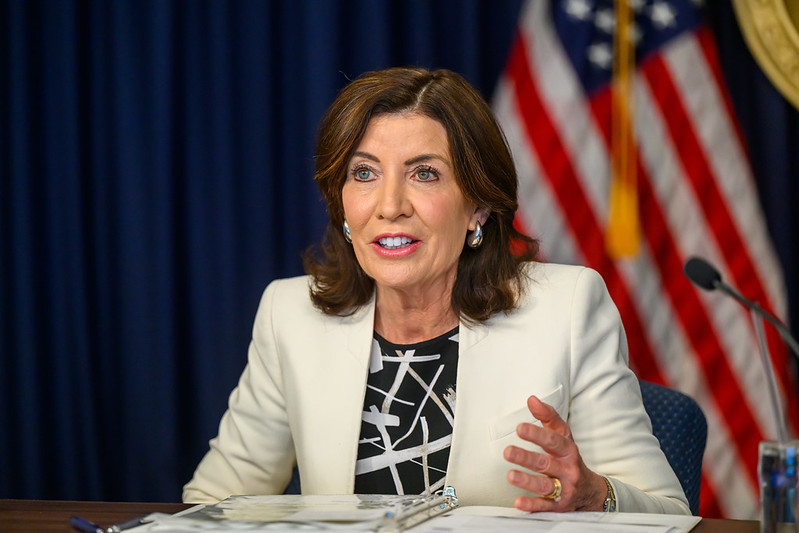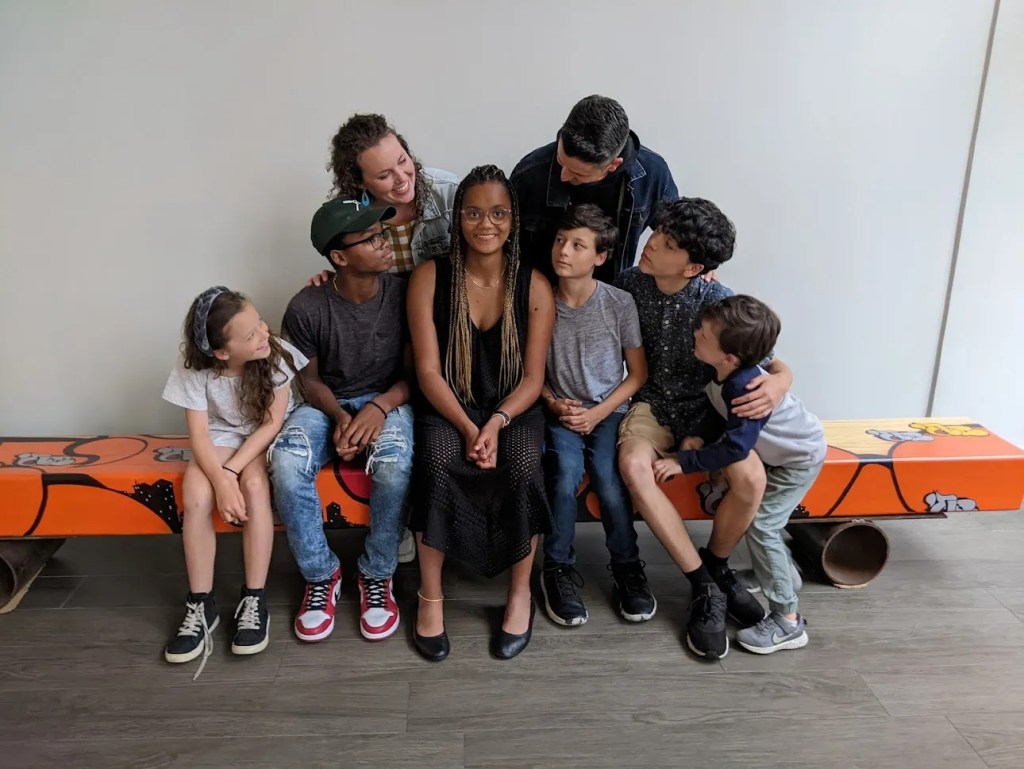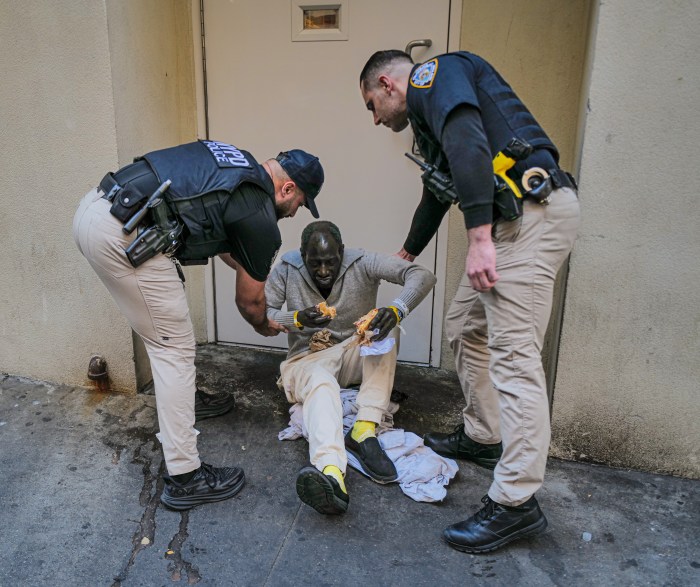New York school students might not be allowed to bring their smartphones to school if Gov. Kathy Hochul gets her way.
As reported in The Guardian, the governor plans to introduce a bill banning smartphones in schools later this year for next year’s legislative session, which begins in January 2025. It is unclear right now if the bill would apply only to public schools or include private schools.
The potential ban is part of the governor’s larger effort to protect kids from harmful effects of social media use.
“I have seen these addictive algorithms pull in young people, literally capture them and make them prisoners in a space where they are cut off from human connection, social interaction and normal classroom activity,” she said in the Guardian article.
But not all cellphones would be banned. If the bill is passed, students would be permitted to carry flip phones that lack internet connectivity, but can still send and receive text messages.
“I’m okay if you have a flip phone,” the governor said when she appeared on MSNBC’s ‘Morning Joe’ on May 30. ”Your child wants to talk to you, or you need to have a conversation. They say, ‘Can you pick me up at 3 o’clock?’ Text them a message, but you don’t have to be in the world of social media throughout the day. So, let’s talk about that for New York.”
What NYC parents are saying
During her interview on Morning Joe, Hochul said she feels confident parents would be OK with a smartphone ban, as long as they still have a line of communication to their kids at school.
“I think talking to the parents I have already, this is something they would welcome,” the governor said. “They want their kids to be kids again and not be held captive to this force.”
And in NYC at least, the governor might be on to something.
“Phones should be allowed in cases of emergency only,” said Neal Alpert, a Staten Islander.
Robin Mueller of Manhattan, however, disagrees.
“I can’t track a dumbphone,” Mueller said. “In that case, I would hook my daughter up with an Apple Watch.”
Ksenia Fendi, another Manhattan resident, said she would “love” a ban on smartphones and suggested parents use AirTags, an Apple device that parents can put on items such as keys and backpacks to help keep track of their kids during the school day.
“My daughter is in a K-12 school, she is in K, but I see older kids in school when I drop her,” the mom said. “And it’s such a horrible picture. A group of middle schoolers on their phones — I would say it starts at middle school and above — would sit together at the table, and each one would be staring at their smartphone.”
Lisa Fischetti-Tun, another Staten Islander, said phones should be allowed in school but placed in a backpack.
“Kids shouldn’t be able to be on them during class,” she said.
Checking social media’s power
When it comes to online safety, Hochul already announced two bills in October that aim to protect the mental health of kids and teenagers by combatting addictive social media algorithms and protecting their personal data.
The Stop Addictive Feeds Exploitation (SAFE) for Kids Act would restrict the addictive features of social media. The New York Child Data Protection Act would restrict the collection of minors’ person data by online sites.
Meanwhile, tech firms, advocacy groups and companies from other sectors have spent nearly $1 million lobbying in Albany through mid-March to crush the bills, according to recent public disclosures reported in the New York Post.
According to the Mayo Clinic, social media has both positive and negative effects on youth mental health, specifically teenagers.
Healthy social media use allows kids the opportunity to express themselves, build social networks connect with others who share their hobbies or interests.
But for some teens, social media can be a distraction from homework, exercise and families. It can also lead them to information that is biased or not correct, among other downsides.
“Each generation faces unique challenges – and our kids are facing a mental health crisis that requires us to confront the complexities of the digital age,” the governor said. “New York will continue leading the nation by combatting addictive social media algorithms, protecting kids online and ensuring they can get the support they need.”




































